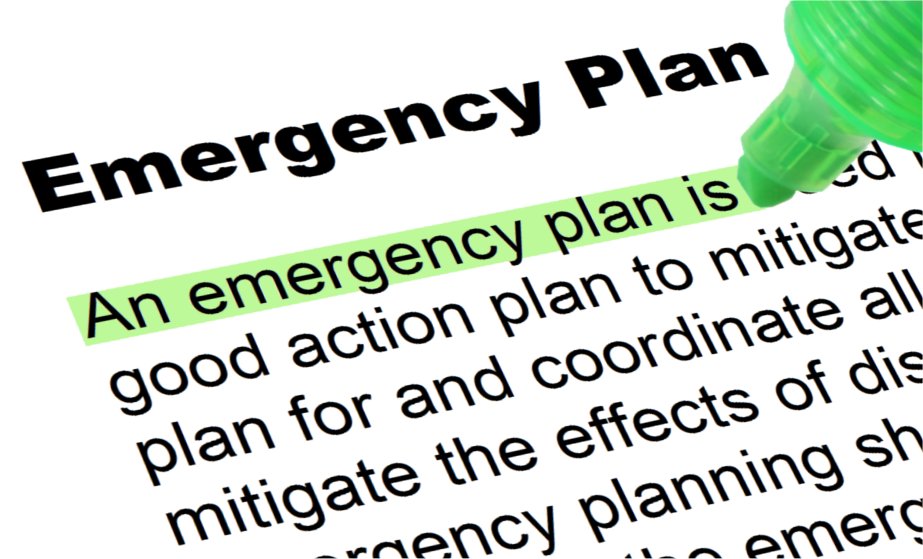It’s been said that failing to plan is planning to fail and while most of us have planned for emergencies there are a lot of caregivers who have not. With the spread of Coronavirus perhaps now would be a good time to put a plan in place just in case the virus impacts us. We hope for the best while preparing for the “What if’s”.
As you plan, consider:
1. Check with your caree’s physician and specialists for information on symptoms and what to do if your caree shows symptoms.
2. Consider who can provide care if you develop symptoms. If you and your caree share the same home, what precautions can you take? What options do you have in case your caree would be safer living somewhere else temporarily?
3. If your caree receives care from a home health aide hired by a home care agency, check with the agency’s director to determine its protocol during an outbreak. If an aide can’t make it to work, will another be assigned? What other options are available?
4. If your caree relies on important regular treatments (dialysis, chemotherapy, wound care, oxygen delivery), work with the service provider to create a safe back-up plan.
5. If you’ve hired a home care worker privately, be sure to create a back-up plan if the home care worker must cancel because of illness. (Use this back-up plan year-round, in case your home care worker can’t arrive because of bad weather, quits, or just doesn’t work out.)
6. Download this Family Emergency Plan provided by Caregiving.com
7. If you have family in the area and they regularly help, create a “tag team” system that you can use in case your service providers and home health aides cannot help. Determine which family member will stop at your caree’s home, which family member is the back-up and how communication between the “tag team” will occur.
8. Be sure to practice prevention by washing your hands, reminding everyone else to wash their hands and covering your mouth when you sneeze or cough with a tissue. The Centers for Disease Control and Prevention has great reminders for us.
9. Keep extra caregiving supplies (incontinence supplies, over-the-counter medications, medications, canned goods, frozen meals, water) and extra boredom-fighting supplies (books, videos, puzzles, crossword puzzles, stationery) on hand at your caree’s house, at your house and in your car, just in case.
10. Create a space in your caree’s house for your own personal supplies (a change of clothes, toiletries, medications) that you may need in case you must spend the night.
11. Use online services to order medications and food for delivery to your caree’s home.
12. Check with your caree’s town and county about assistance they offer to homebound frail individuals during emergencies. You can call the ElderCare Locator at 1-800-677-1116 or visit https://eldercare.acl.gov/Public/Index.aspx for a referral to the Area Agency on Aging in your caree’s community.
13. Let neighbors of your caree know how they can reach you in case of an emergency. Be sure someone you trust who lives near your caree’s home has an extra set of keys.
14. If you work, check with your manager about managing work responsibilities if you must miss work to stay home with your caree. Also connect with your employer’s Work/Life benefit and Human Resources department to learn about any programs or services that help you.
15. Check with current services that you use (adult day centers, Meals on Wheels, volunteer programs, phone check-in programs, senior centers) and ask about their protocol during an emergency. Ask for their suggestions to fill any voids in care. Be sure to also check with the staff if your caree resides in an assisted living facility or nursing home.
What would you add? What worries do you have? Please share in our comments section, below.
Resources
- Centers for Disease Control and Prevention
- Medline Plus
- How to Prepare Your Home for the Coronavirus (NPR)
- Download the Family Emergency Plan
